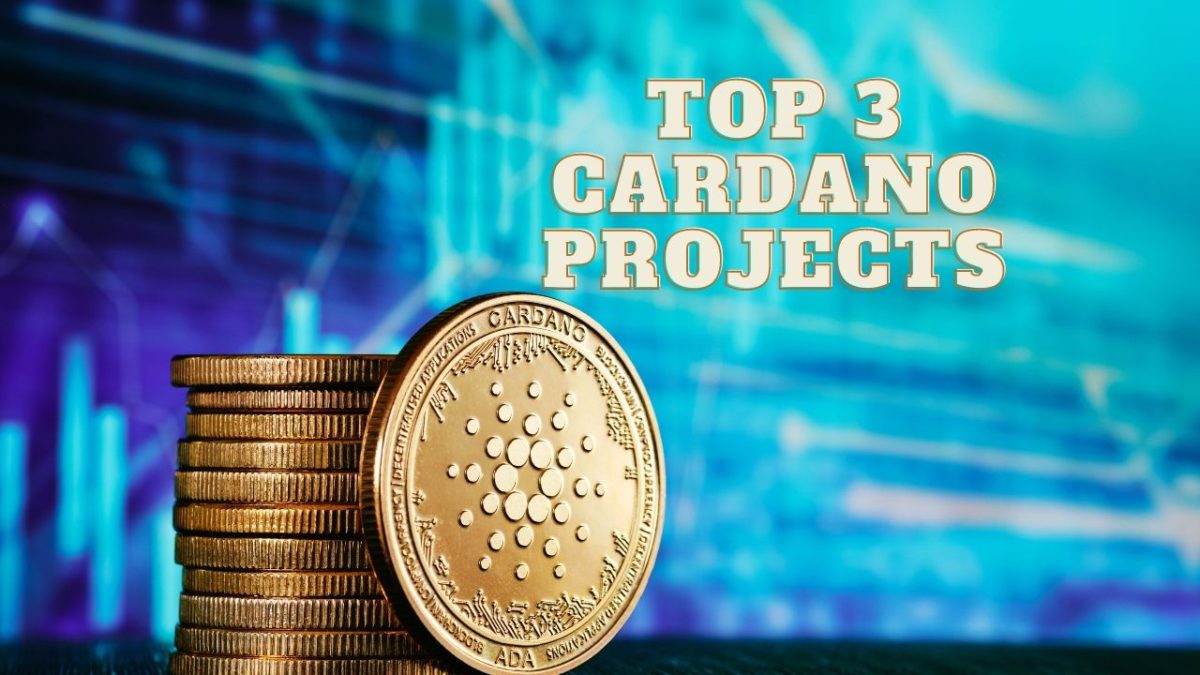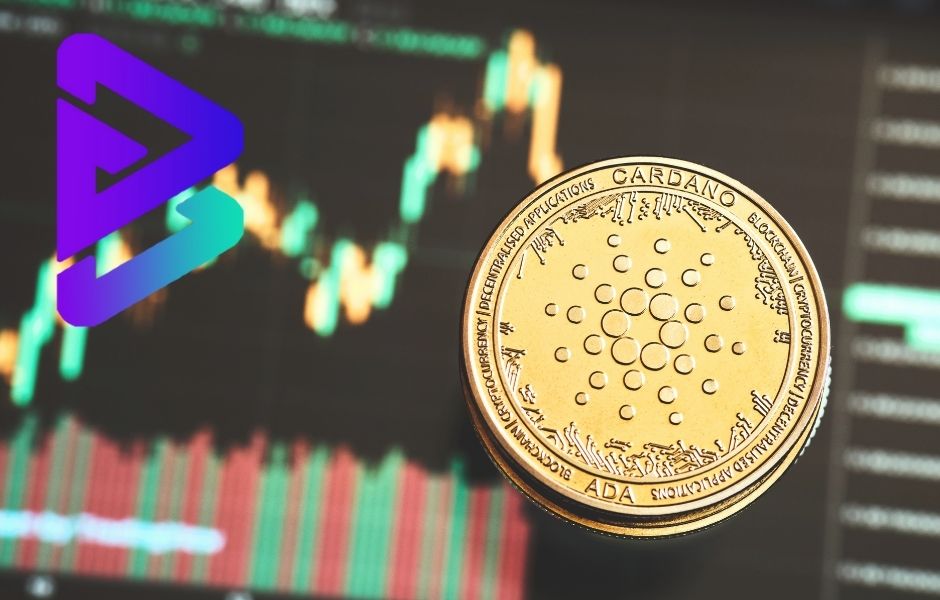Decentralized Finance in the United States: SEC Regulates Blockchain Dapps
The SEC’s drive to regulate the next generation of blockchain-based apps will undoubtedly result in legal battles and enforcement proceedings, especially in the developing Decentralized Finance (DeFi).
DeFi has the potential to improve or replace existing financial products by employing blockchain technology to speed up execution and lower transaction costs, the SEC assumes that operators in this field are primarily selling “securities” that fall under its jurisdiction.
Chairman Gary Gensler, for example, has frequently advocated for cryptocurrency exchanges to register with the SEC, in addition to the SEC’s continuous targeting of potentially fraudulent ICO offerings. Gensler’s stance, which emphasizes investor protection, is that platforms that trade or lend bitcoin are susceptible to SEC regulation. Meanwhile, the SEC has proposed changes to Regulation ATS that appear to broaden the definition of a securities “exchange” to include individuals who develop protocols for decentralized crypto trading.
The SEC sued people and a business promoting a decentralized token product known as DeFi Money Market in its first lawsuit employing DeFi technology. Under the Howey test, the SEC determined that the smart contracts, in that case, qualified as securities subject to regulation since they were marketed as investment contracts.
Coinbase applied to the SEC for permission to operate a stablecoin-based lending scheme, which resulted in the SEC issuing a Wells notice, threatening to sue the business if the program went through. The SEC has also warned at least one cryptocurrency exchange that if it offers a product that allows consumers to earn interest on crypto deposits, it will be sued. Coinbase decided to stop the program’s debut shortly after.
While innovation continues to move at rapid speed, we anticipate the SEC to push harder than ever to catch up, including pursuing individual defendants in the DeFi business and other crypto-adjacent entities.
The recent recovery of DeFi from a tumble in investing
The sector’s recent recovery would have brought about these possibilities and regulation targeting of DeFi following a return of investment and investor trust. According to Messari data, decentralized finance (DeFi) has had a challenging year so far in 2022, with the top ten-ranked DeFi assets down between 10% and 50% since the start of the year. According to figures indicating institutional and retail capital returning to crypto markets, money has started to flow back into the DeFi ecosystem after a month of declines. On February 11, the total value locked on all DeFi platforms for Defi Llama was $211.1 billion, up from $185.14 billion on January 31.
Stay informed with daily updates from Blockchain Magazine on Google News. Click here to follow us and mark as favorite: [Blockchain Magazine on Google News].
Get Blockchain Insights In Inbox
Stay ahead of the curve with expert analysis and market updates.
latest from tech
Disclaimer: Any post shared by a third-party agency are sponsored and Blockchain Magazine has no views on any such posts. The views and opinions expressed in this post are those of the clients and do not necessarily reflect the official policy or position of Blockchain Magazine. The information provided in this post is for informational purposes only and should not be considered as financial, investment, or professional advice. Blockchain Magazine does not endorse or promote any specific products, services, or companies mentioned in this posts. Readers are encouraged to conduct their own research and consult with a qualified professional before making any financial decisions. The featured image used is just a creative depiction of the title and it does not intend to hurt sentiments of any person or institution. If it hurts anyone sentiments, please do not hesitate to reach out to Blockchain Magazine.

 Bitcoin
Bitcoin  Ethereum
Ethereum  XRP
XRP  Tether
Tether  Solana
Solana  USDC
USDC  Dogecoin
Dogecoin  Cardano
Cardano  Lido Staked Ether
Lido Staked Ether  TRON
TRON  Wrapped Bitcoin
Wrapped Bitcoin  Chainlink
Chainlink  Wrapped stETH
Wrapped stETH  Avalanche
Avalanche  Sui
Sui  Stellar
Stellar  Litecoin
Litecoin  Toncoin
Toncoin  Shiba Inu
Shiba Inu  LEO Token
LEO Token  Hedera
Hedera  USDS
USDS  Hyperliquid
Hyperliquid  Polkadot
Polkadot  WETH
WETH  MANTRA
MANTRA  Bitcoin Cash
Bitcoin Cash  Bitget Token
Bitget Token  Ethena USDe
Ethena USDe  Wrapped eETH
Wrapped eETH  Uniswap
Uniswap  Monero
Monero  NEAR Protocol
NEAR Protocol  Pepe
Pepe  WhiteBIT Coin
WhiteBIT Coin  Aave
Aave  Ondo
Ondo  Bittensor
Bittensor  Aptos
Aptos  Internet Computer
Internet Computer  Dai
Dai  Official Trump
Official Trump  Mantle
Mantle  Ethereum Classic
Ethereum Classic  Tokenize Xchange
Tokenize Xchange  OKB
OKB  Gate
Gate  Sonic (prev. FTM)
Sonic (prev. FTM)  sUSDS
sUSDS 




